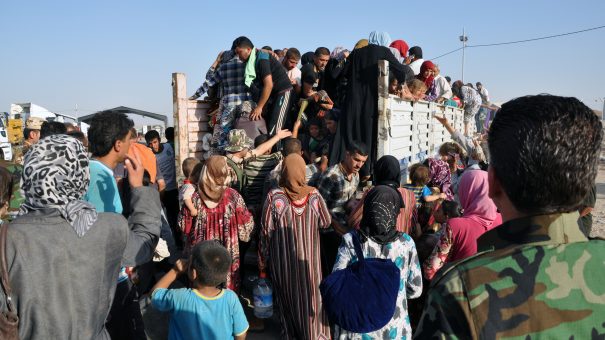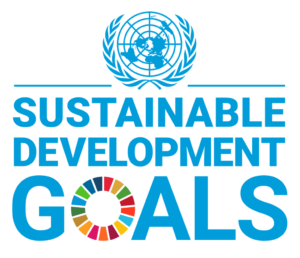
Humanitarians warn the impact of fighting in Mosul could be devastating.
Islamic Relief’s team on the ground, leading a £500,000 response plan, says civilians who manage to escape the city may be subjected to screening and possible detention or onward travel to camps for displaced people.
Those staying in the city under siege are likely to be at risk of hunger, lack of medical assistance and human rights violations.
In Erbil, Islamic Relief regional desk officer, Tom Colley, said: “How can you make that decision – to stay or leave? It’s an impossible choice.
“I heard a guy saying that he’d decided to flee the day before the offensive began, and the two cars in front of his on the road hit landmines. That’s the only reason he survived was that he was driving behind.”
Less than 10,000 people are believed to have left Mosul (a city with a population of up to 1.7 million people) since the military operation began on October 17.
But humanitarian organisations expect the first wave of displacement could include around 200,000 people – a number that could rise to 700,000 or even one million as the military operation advances.
Tom said: “It’s also important not to forget that there are now 10 million people in Iraq in need of humanitarian aid.
“It’s not just Mosul. Near Kirkuk, about 100km from here, the city of Hawija is also facing a military offensive and more people are likely to be displaced there.
“People are being displaced in different directions and they all have needs.”
As military forces attempt to encircle Mosul, people are fleeing across the frontline to both temporary and long-term camps, like Debaga, near Erbil, needing shelter, food and water.
Over the coming days and weeks, Islamic Relief is planning to distribute food to 6,500 families, working with local authorities and the UN to identify the most vulnerable for further assistance.
In addition, we are also distributing food parcels in the Anbar region of Iraq to civilians who have fled Fallujah.




